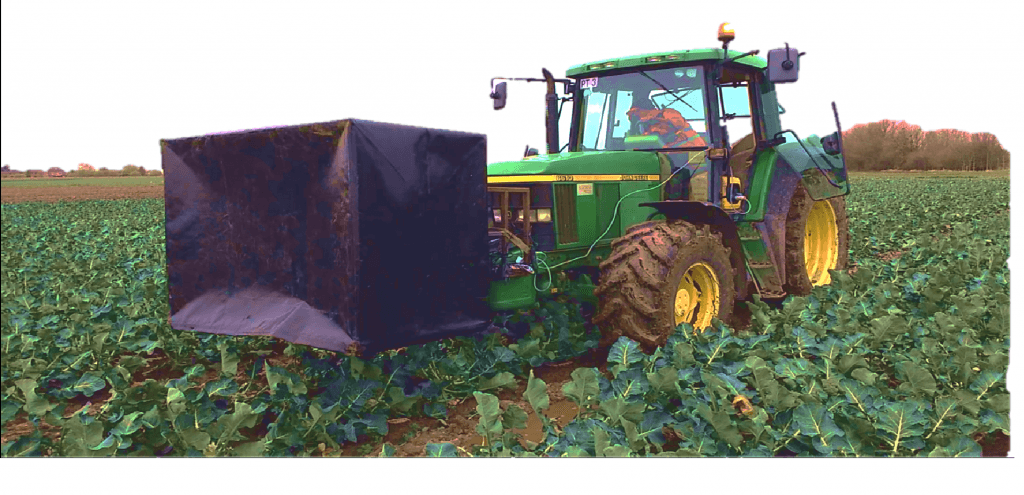 Advanced engineering could be the solution for the sustainable intensification of agriculture, as technology for producing service robots reaches maturity. An expert in robotics from the School of Computer Science at the University of Lincoln, UK, will discuss the latest developments in the sector during Agri-Tech East’s ‘Pollinator’ event on 11th October 2016.
Advanced engineering could be the solution for the sustainable intensification of agriculture, as technology for producing service robots reaches maturity. An expert in robotics from the School of Computer Science at the University of Lincoln, UK, will discuss the latest developments in the sector during Agri-Tech East’s ‘Pollinator’ event on 11th October 2016.
Professor Duckett, who leads the Lincoln Centre for Autonomous Systems, will present at the event – Robo-Cropping – The Potential for Precision Robotics in Agriculture – alongside Dr Andre Rosendo from the University of Cambridge and Professor Simon Blackmore from Harper Adams University.
Professor Duckett says that agricultural robotics bring benefits of reduced labour costs, economic sustainability, less waste and better use of natural resources. The technology has the potential to be deployed at any time of day and impact positively on the productivity and life quality of agricultural workers.
His Lincoln team, part of the University’s Lincoln Institute for Agri-food Technology, has been working on multiple projects in this area including 3D mapping techniques for improving the precision of agricultural sprayers and a new project in 3D imaging for broccoli harvesting, which is producing strong results and attracting interest from end users such as the Brassica Growers Association.
Professor Duckett said: “Already we can envisage agricultural robots that could perform multiple tasks, for example, inter-changeable tools would allow switching between tasks such as seeding, tillage, spraying and harvesting. You could also have robots for agriculture and food production that would perform other useful tasks at the same time such as surveillance, keeping a watchful eye on crops, livestock and expensive farm machinery, while carrying out their primary duties on the farm or in the factory.”
A number of machinery companies are investing in the technology and a project in 3D imaging for robotic weeding is currently being carried out with a local company, Garford Farm Machinery, world leaders in automated weeding equipment.
Professor Duckett believes that the underpinning technologies for robotic perception, learning and action are already reaching the required level of maturity to leave research laboratories. So what steps need to be taken to transition from lab to work on the farm or in the factory?
“The big challenge now is how to cross the so called ‘Valley of Death’ between the development of useful prototypes by researchers and the mass production of agricultural robots which are available to the farmer, “ he said. “We need investors to come forward and believe in what we are doing. There is also a need to convince farmers that we can produce robust and effective machines that can really do the job.”
Rather than full automation, Professor Duckett sees a future of environmentally friendly ‘robot helpers’: “Robot helpers will increase the productivity and life quality of agricultural workers and help to deliver the sustainable intensification of agriculture that will be needed to help feed a growing population while minimising the impact on the environment. Smart robots that run on battery power rather than fossil fuels could also be part of the solution for a cleaner, greener future.”
Professor Duckett, Dr Rosendo and Professor Simon Blackmore of Harper Adams University are scheduled to speak at NIAB Park Farm, Cambridgeshire for the Agri-Tech East ‘Pollinator’ event on 11 October 2016: ‘Robo-Cropping – The Potential for Precision Robotics in Agriculture’.